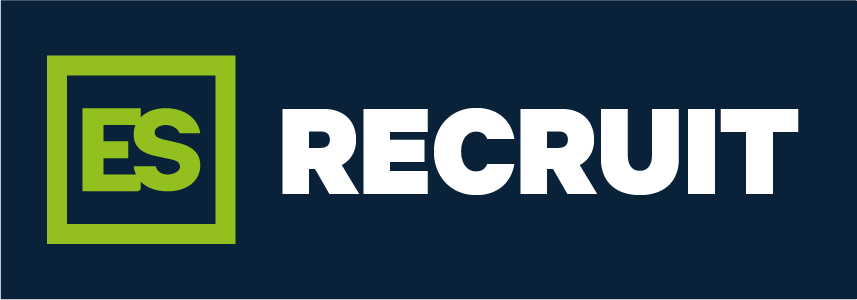Most businesses determine their recruitment process and strategy according to their needs, or by following tradition. While there’s no doubt that some approaches are time-tested and deliver good results, refining the process from start to finish offers the best way to ensure your recruitment efforts are delivering consistent, high-quality candidates - and as an HR manager, there is often a lot you can do to streamline and strengthen hiring procedures.
In a consistent and successful recruitment process, there are many factors that need to be carefully balanced with one another, including the time you need to take to evaluate candidates and make a decision, candidates’ overall engagement with (and commitment to) the process, and the distinction between must-have skills and experience, and desirable attributes.
Some of these steps will be different for each role that you advertise, while others can remain consistent throughout the process. However, if you take the time to evaluate your recruitment process, examine its strengths and weaknesses, and adjust accordingly, you can always improve your ability to identify and recruit the most suitable applicants, retain top talent within your organisation, and make the most efficient use of the people and time you have committed to HR efforts.
Consider your needs and wants
A strong understanding of what you need from a candidate for a particular role, and which qualities are desirable but dispensable, can really help to streamline the hiring process. Not only will this prevent people from being too fussy about candidates and delaying the process in search of the “perfect” person for the role, but it can also help to quickly filter out CVs from unqualified applicants and ensure that everyone you interview at least meets the minimum criteria.
Many businesses set aptitude tests to be able to evaluate potential recruits’ technical skills, but asking too much of applicants can put them off from applying, or lead them to abandon the recruitment process. After all, in some cases, this can amount to asking for hours of free work from a candidate. Understanding which skills are absolutely essential to the role can help you to determine which aptitude tests are appropriate and necessary so that you can avoid drawing out this part of the recruitment process and keep candidates engaged.
Keep it short
Wherever possible, it is best to move as quickly as possible when hiring. A recruitment process that takes too long can leave candidates frustrated and cause them to drop out of consideration, which can make the process take even longer if the candidates who leave are the frontrunners for the role. This is especially true if you fail to communicate with candidates throughout the process and keep them up to date, but no matter how diligently you keep in touch with recruits, there is only so much time they will be able to devote to your recruitment efforts.
Again, once you have a clear and specific idea of what you are looking for, it is easier to evaluate candidates more quickly and to design interview questions that will ensure the conversation stays on relevant topics. It is not usually a problem if you need a two-stage interview process, as candidates understand that you may need a second opinion, but more than two interviews can make an applicant feel like the process is dragging on. If the relevant decision-makers cannot all be present at the same interview, and this is the only reason for multiple interviews, consider whether a video interview over the internet may be a suitable alternative.
Making the process as convenient as possible for applicants is the best way to maximise the size of your candidate pool and ensure that you have access to top-tier talent. What’s more, many businesses are now taking this approach, so if you are unable to do so, you might lose candidates to competitors who are better able to meet their expectations.
Work with a recruiter
HR departments do not always have the budgets or resources to keep in regular contact with potential recruits, update them on the progress of their applications, or even attract a suitable number of applicants for a given role. In these cases, it can be advantageous to work with a professional recruiter.
Depending on the field you work in, you may be able to find a specialist recruitment firm with expertise on hiring in your sector. This can be advantageous for several reasons, not least because they will have an up-to-date awareness of the trends in recruitment in your particular industry, and can advise you on the salary and benefits packages other companies are offering to keep you competitive.
Beyond this, they will quickly understand what you need from a candidate, and will often have access to existing talent pools that can enable them to move much more quickly in pursuing the right person for your job opening. One recent trend in hiring is that younger people often expect much more communication from a prospective employer, and want to remain in close contact from the time they are offered an interview to the day they start in the role. This can be difficult to maintain if, as an HR manager, you have many candidates to engage with at once, or several different roles to hire for. A professional recruiter has a combination of skills and management tools that can truly make a difference in this and keep candidates engaged to prevent them from dropping out of contention.
At Employment Solutions, we have many years of experience in finding the right candidates for roles across the engineering and manufacturing sectors. Call our team on 0161 839 5353, or complete the contact form on this page to request a callback.

.png)







